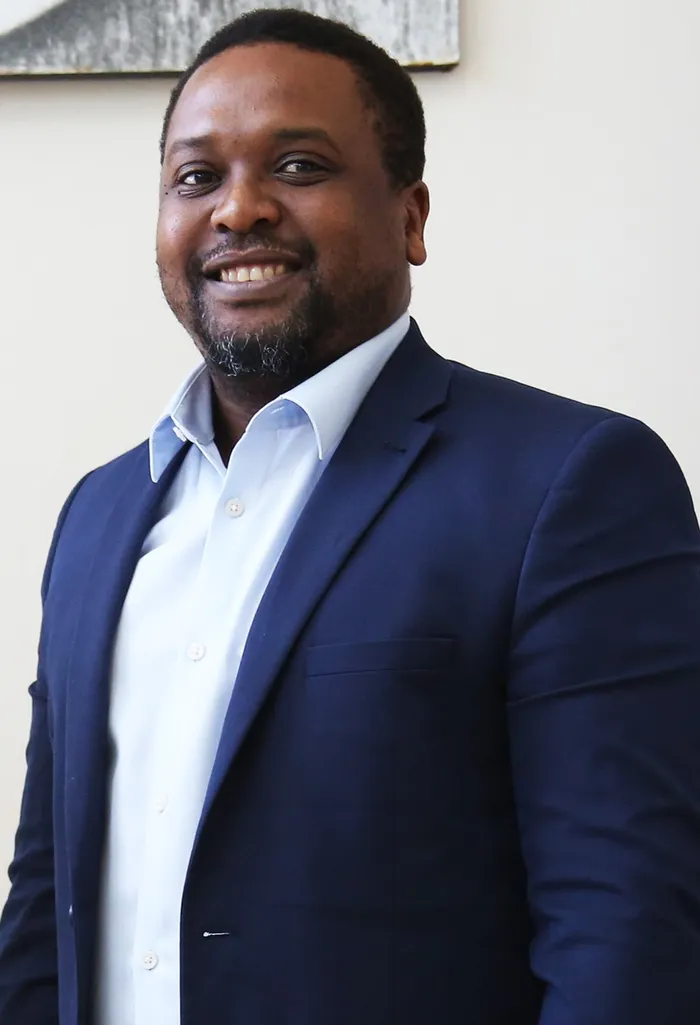South Africa’s G20 presidency faces challenges against a backdrop of political divisions

This year, South Africa marks a significant milestone as it takes over the presidency of the Group of Twenty (G20), becoming the first African nation to host this pivotal summit.
This is a moment of pride, symbolising African unity, collaboration, and a shared vision for a future where none are left behind in the pursuit of peace, security, and prosperity for all. However, the recent political developments raise questions about the capacity for cohesive leadership during this crucial period.
Just this past week, at the inauguration of newly elected Ghanaian President John Dramani Mahama, South African President Cyril Ramaphosa was a notable absentee. In his place, former president Jacob Zuma attended, sparking further concerns over the ongoing rift between the two leaders. This absence is telling, considering Ramaphosa's recent remarks about Zuma's support for the newly formed uMkhonto weSizwe Party (MKP), which he did not expect would siphon off a substantial part of the ANC's voter base. The presence of Zuma, who has a contentious history with Ramaphosa, at such a momentous event highlights the widening cracks within South African politics.
The MKP emerged strongly in this year's elections, particularly dominating in KwaZulu-Natal and other regions, solidifying its position as the third-largest party in South Africa and becoming the official opposition under the coalition government involving the ANC and the Democratic Alliance. The rise of the MKP has significantly impacted the ANC, leaving it in a vulnerable state, described by some as a 'hollow shell' of its former self. With recent internal strife and the election of a controversial secretary-general, the ANC risks further marginalisation in the current political landscape.
Cyril Ramaphosa's role as president of South Africa and the G20 is now more crucial than ever. He not only leads the nation but is also tasked with representing the African continent on the world stage. The upcoming G20 Leaders' Summit is expected to highlight a range of pressing global issues, including rising inflation, climate change, and the ever-widening inequality gap.
In South Africa, the issue of inequality is especially pronounced. The nation's wealth distribution is among the most unequal globally, with many citizens still languishing in poverty, facing challenges such as unemployment, lack of access to basic services, inadequate healthcare, and limited educational opportunities.
With such stark realities on the ground, Ramaphosa faces immense pressure to lead effectively and bridge the divisions that exist both within his party and between factions. As tensions with Zuma and the emergence of the MKP potentially destabilise the ANC, it becomes increasingly vital for Ramaphosa to find common ground with old rivals. After all, the stakes extend beyond local politics; they encompass the broader goal of tackling poverty, economic exclusion, job losses, and global hunger.
For the sake of a united front, could Ramaphosa and Zuma, despite their bitter history, set aside their differences for the duration of South Africa's G20 presidency? As leaders, their resolution could set a transformative precedent for the nation, enhancing its ability to present a united voice on critical issues facing the continent and the world.
*Ayanda Mdluli is the editor of the Daily News
DAILY NEWS